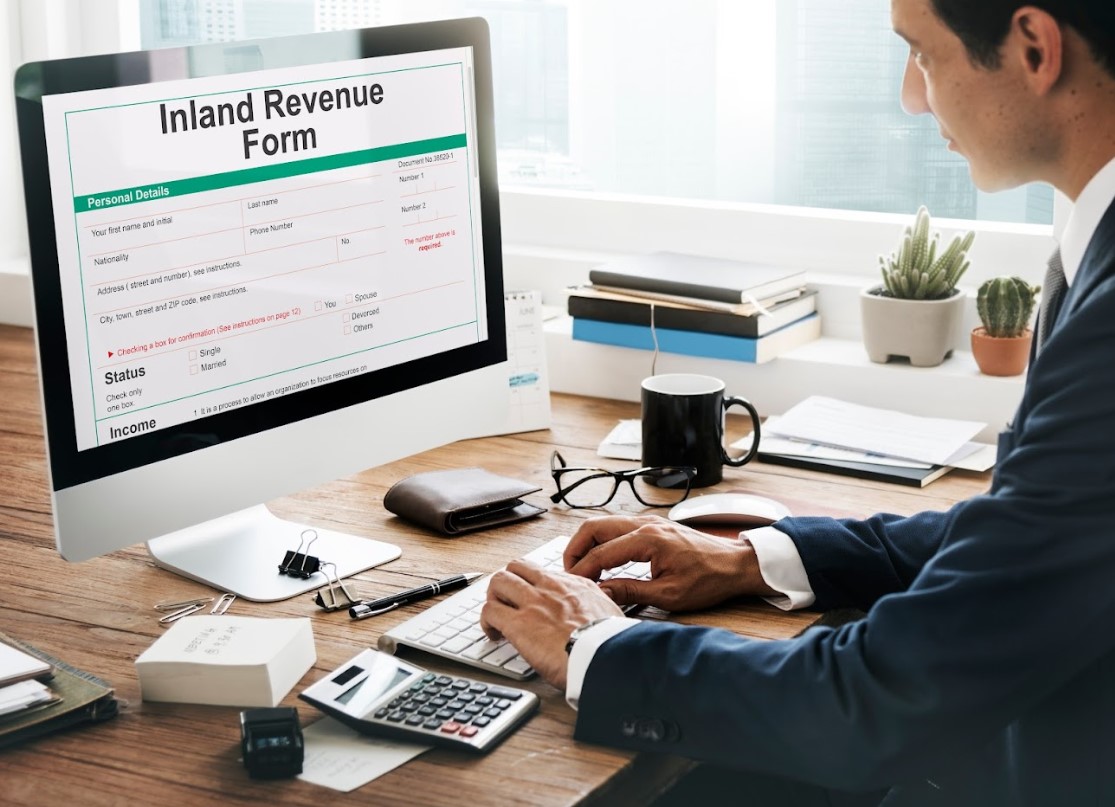
7 Questions on the Malaysian Sales & Service Tax (SST) Answered
Taxes are as old as time. The earliest known tax records go back thousands of years during the Sumerian civilisation. In simple terms, tax can be thought of as a government’s source of income that is imposed on taxpayers to finance various public expenditures. It is important that a good tax system should strike a balance between the interests of taxpayers and a government’s operating expenditure.
In Malaysia, the most common form of tax imposed on businesses is the Sales & Service Tax (SST). In 2018, SST was reapplied to replace the Goods & Services Tax (GST) with the intention of giving Malaysians, particularly those with lower to moderate disposable incomes (M40 – B40 categories), more purchasing power. The effectiveness and impact of a broader tax base GST are still being debated today in the country. However, this article will focus on Malaysian SST and what are the common questions asked about its implementation and structure.
Read more: All You Need to Know about Malaysian Company Secretary & Incorporation
What is Sales & Service Tax (SST Malaysia)?
The Sales & Service Tax (SST) is made up of a combination of two different taxes; Sales Tax and Service Tax. Sales Tax is a single-stage tax imposed on locally produced and manufactured commodities as well as taxable imports into Malaysia.
On the other hand, Service Tax is a consumption tax imposed on services rendered by registered service providers conducting business in Malaysia which are subjected to tax.
Who is taxable under the Malaysian SST?
Manufacturers and service providers must register for the Sales and Service Tax (SST). The complete list of taxable goods can be found in the Royal Malaysian Customs’ SST orders. However, there are a few types of goods that are exempted from the Sales Tax, such as essential food items, medicine, books and magazines etc.
Your business is liable to register for Sales Tax if it meets a few criteria, the most important one being that your total sales value of taxable goods in the current month plus 11 preceding months exceeds the RM500,000 threshold.
For taxable services, the SST is applied to nine categories of services including accommodation, entertainment, credit cards, and digital services. For your business to be liable for Service Tax registration, the total value of taxable services in the current month plus 11 preceding months exceed the registration threshold which is also set by default at RM500,000. For food and beverages services, the threshold is higher at RM1.5 million. Whereas for a credit card or charged card services and approved customs agents, there is no threshold of value to be liable for registration.
Do note that both sales and services taxes are not applicable for goods and services providers under special areas in Malaysia, including the islands of Langkawi, Tioman and Labuan. Businesses that are excluded from Sales & Service Tax (SST) registration can voluntarily register themself with the Director-General of Customs.
Are foreign companies required to register for SST in Malaysia?
Foreign businesses are required to register for SST if their taxable goods and services are sold in Malaysia, including digital subscriptions such as Netflix and Spotify. They are subjected to the 6% tax for their respective online services.
To register for SST as a foreign-owned company doing business in Malaysia, it is recommended to work with a professional corporate tax partner for a smooth tax registration process and accurate bi-monthly submissions subsequently. The specialists at Ledgen are capable of understanding your tax requirements with up-to-date information.
Read more: 7 Reasons Why You Should Venture into Malaysia
What are the advantages of Sales & Service Tax (SST) to Malaysian Businesses as opposed to GST?
As mentioned, the Sales Tax is a single-staged tax. Hence, the Sales & Service Tax (SST) is only applied once across the whole supply chain, either when an item is manufactured or imported into Malaysia. As a result, the tax would not be imposed at each value added stage of the production process until finally at the end consumers, therefore lowering the prices of goods and services if compared to GST. Many advocates of SST implementation would cite this argument being the primary reason to continue the SST regime.
Other than that, there is a larger number of exempted commodities under the SST, including food, chemicals, medical supplies, steel, and machinery because its tax base is significantly smaller than GST. Therefore fewer companies will need to register SST with the Royal Malaysian Customs Department (RMCD). Small and medium-sized businesses participating in various industries such as tailoring, jewellery manufacturing, optical services, and more are also not subjected to the SST. This is seen as a great incentive for SMEs.
Lastly, the Sales & Services Tax is argued to be effective in lowering business expenses. This happens when the tax is imposed only during manufacturing or importing, not progressively down the supply chain. Wholesalers and retailers do not need to pay sales tax nor do they need to submit and prepare quarterly tax submissions.
What are the main SST disadvantages then?
Since the SST tax base is not as broad as GST, the Malaysian government is unable to generate higher indirect tax revenue as clearly demonstrated during the years 2015 to 2018. GST also has the ability to tax the shadow economy which has an estimated turnover of up to RM300 billion a year which previously escapes paying any taxes.
During its 3 years period, GST had caused the shadow economy to shrink from 25% to 10% of the normal economy and it was well known that SST caused a serious leakage before the implementation of GST.
What are the possible penalties charged under the SST?
Businesses can be penalised for the following offences:
- Failure to register for SST if found eligible
- Late to register for SST if found eligible
- Failure to file and submit SST returns
- Failure to make SST payments
- Penalty due to late SST payment after the taxable period
- SST Tax Evasion, with heavy punishment that may include imprisonment
How to register and file for Sales & Service Tax (SST) in Malaysia?
Eligible businesses can register for SST online under the Royal Malaysian Customs web portal called MySST. Both the Sales Tax registration form and Service Tax registration form can be found and applied online.
Upon successful application, a letter or an email will be sent out to applicants to confirm their eligibility and responsibility to file and make SST payments.
SST tax filing must be submitted every 2 calendar months even if there is no tax to declare. All submissions can be done online through the MySST portal.
Read more: Checklist to Successfully Incorporate a Business in Malaysia
Conclusion
Businesses in Malaysia are required to abide by the country’s tax regulations. A good tax record will ensure the trustworthiness of a business. Therefore, it is best to work with tax professionals, who are knowledgeable about the changes and can aid your company in the implementation and submission process.
Ledgen Group has helped clients file and maintains their tax returns with reliability and accuracy. We have also assisted clients to solve a variety of tax-related issues that serve the best of their interests while also complying with local regulations.
Contact Ledgen today to get started with your business SST the right way.
Get in touch and discover how we can help
Got a question or inquiry? Come talk to us today.
Contact Us


